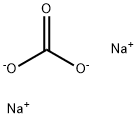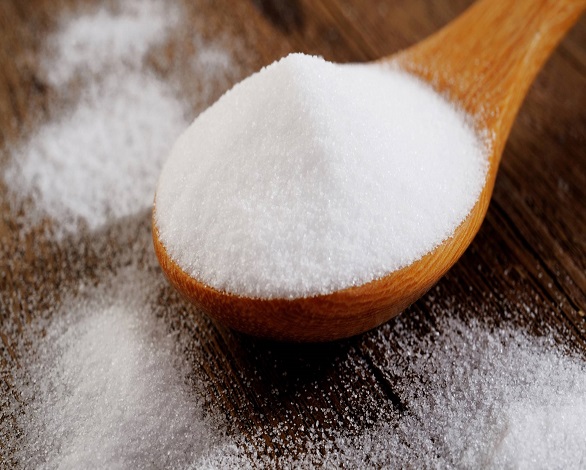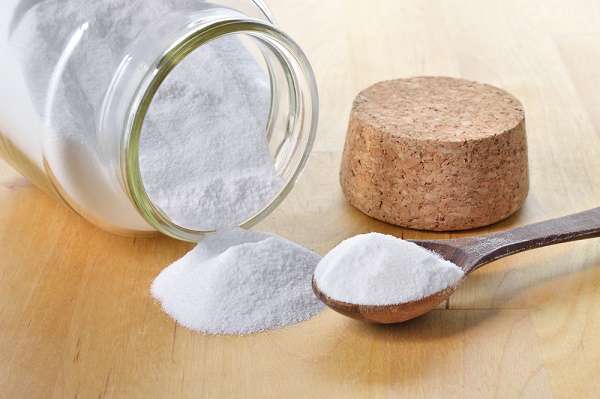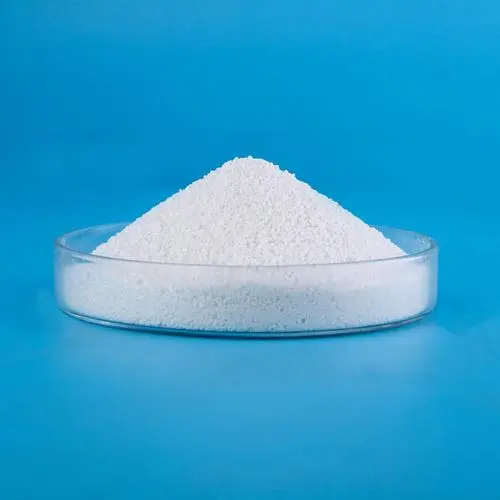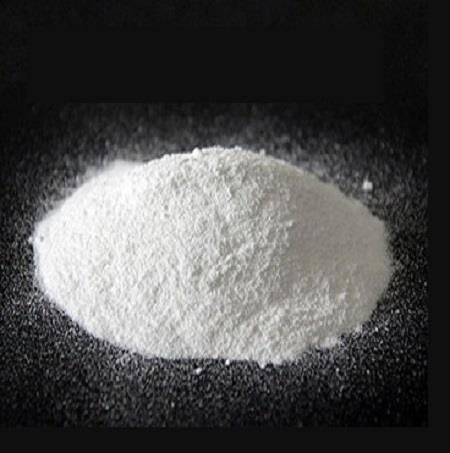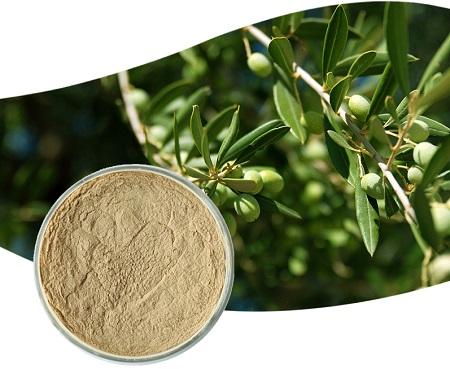Uses of Sodium carbonate
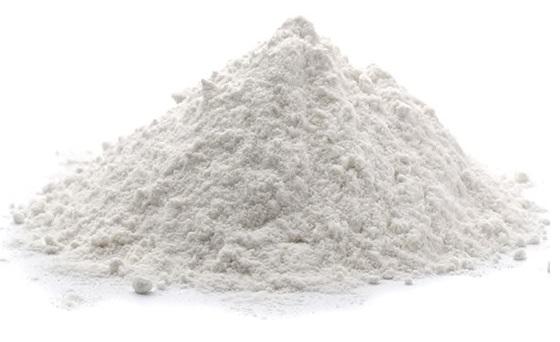
Physical properties
The integral enthalpy of solution of sodium carbonate is −28.1 kJ/mol for a 10% w/w aqueous solution.The Mohs hardness of sodium carbonate monohydrate is 1.3.
Uses
Some common applications of sodium carbonate (or washing soda) include:
Sodium carbonate (or washing soda) is used as a cleansing agent for domestic purposes like washing clothes. Sodium carbonate is a component of many dry soap powders.
It is used for removing temporary and permanent hardness of water.[16] (see water softening).
It is used in the manufacture of glass, soap and paper. (see glass manufacture)
It is used in the manufacture of sodium compounds like borax.
Glass manufacture
Sodium carbonate serves as a flux for silica, lowering the melting point of the mixture to something achievable without special materials. This "soda glass" is mildly water-soluble, so some calcium carbonate is added to the melt mixture to make the glass insoluble. Bottle and window glass (soda-lime glass) is made by melting such mixtures of sodium carbonate, calcium carbonate, and silica sand (silicon dioxide (SiO2)). When these materials are heated, the carbonates release carbon dioxide. In this way, sodium carbonate is a source of sodium oxide. Soda-lime glass has been the most common form of glass for centuries. It is also a key input for tableware glass manufacturing.
Production
Mining
Trona, trisodium hydrogendicarbonate dihydrate (Na3HCO3CO3·2H2O), is mined in several areas of the US and provides nearly all the domestic consumption of sodium carbonate. Large natural deposits found in 1938, such as the one near Green River, Wyoming, have made mining more economical than industrial production in North America. There are important reserves of trona in Turkey; two million tons of soda ash have been extracted from the reserves near Ankara. It is also mined from some alkaline lakes such as Lake Magadi in Kenya by dredging. Hot saline springs continuously replenish salt in the lake so that, provided the rate of dredging is no greater than the replenishment rate, the source is fully sustainable.
Barilla and kelp
Several "halophyte" (salt-tolerant) plant species and seaweed species can be processed to yield an impure form of sodium carbonate, and these sources predominated in Europe and elsewhere until the early 19th century. The land plants (typically glassworts or saltworts) or the seaweed (typically Fucus species) were harvested, dried, and burned. The ashes were then "lixivated" (washed with water) to form an alkali solution. This solution was boiled dry to create the final product, which was termed "soda ash"; this very old name refers derives from the Arabic word soda, in turn applied to salsola soda, one of the many species of seashore plants harvested for production. "Barilla" is a commercial term applied to an impure form of potash obtained from coastal plants or kelp.
The sodium carbonate concentration in soda ash varied very widely, from 2–3 percent for the seaweed-derived form ("kelp"), to 30 percent for the best barilla produced from saltwort plants in Spain. Plant and seaweed sources for soda ash, and also for the related alkali "potash", became increasingly inadequate by the end of the 18th century, and the search for commercially viable routes to synthesizing soda ash from salt and other chemicals intensified.
You may like
Related articles And Qustion
Lastest Price from Sodium carbonate manufacturers
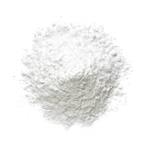
US $1200.00-1100.00/ton2025-11-07
- CAS:
- 497-19-8
- Min. Order:
- 1ton
- Purity:
- 99%
- Supply Ability:
- 1000T/M

US $1.00/g2025-08-19
- CAS:
- 497-19-8
- Min. Order:
- 1g
- Purity:
- 99%
- Supply Ability:
- 1000kg
